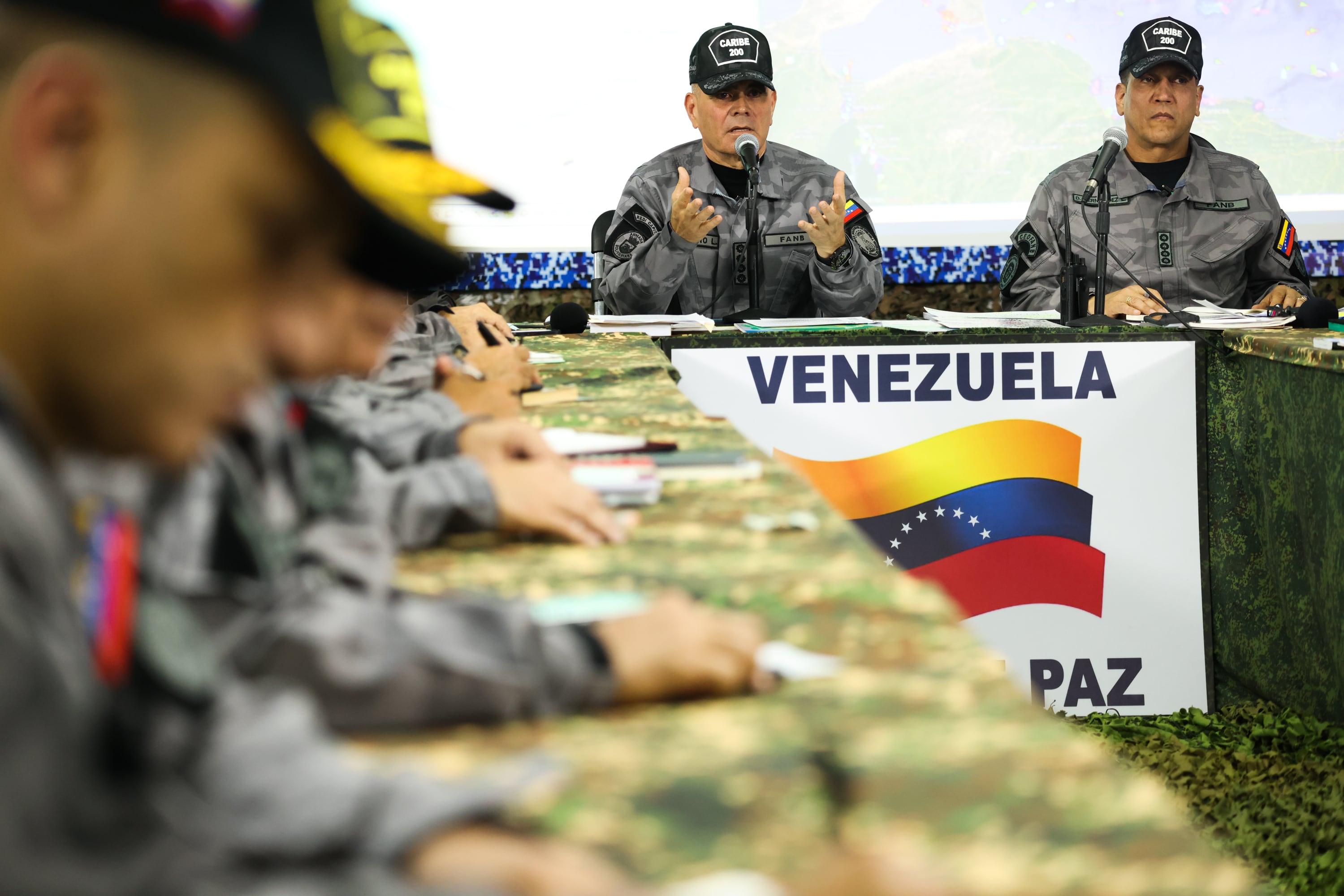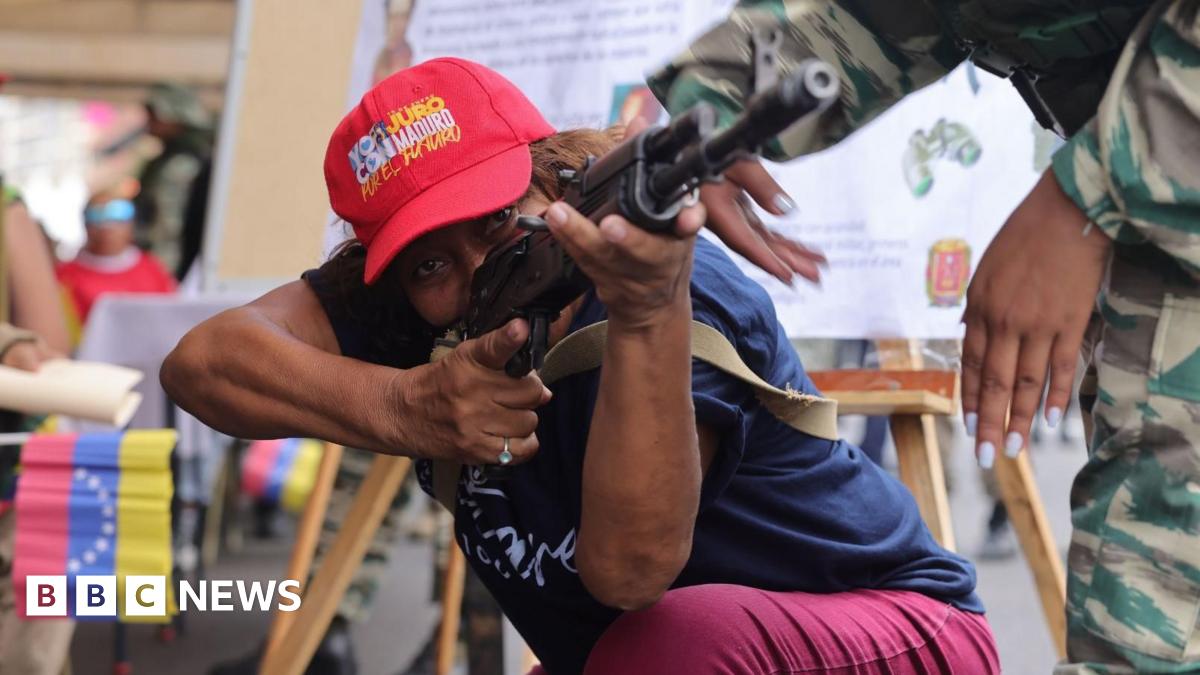Trump Declares "Armed Conflict" with Drug Cartels, Justifying Military Strikes
President Donald Trump has formally declared that the United States is in a "non-international armed conflict" with drug cartels, designating them as terrorist organizations. This declaration provides a legal justification for recent U.S. military strikes against alleged traffickers in the Caribbean, actions that have drawn scrutiny from lawmakers and legal experts.
Legal Justification and Rationale
According to a notification sent to Capitol Hill, Trump determined that these cartels are non-state armed groups whose actions constitute an armed attack against the United States. This designation essentially places drug cartels in the same legal category as terrorist groups like Al Qaeda or the Islamic State, allowing them to be targeted as "unlawful combatants" under the law of armed conflict. The administration argues that these actions are necessary for self-defense against the ongoing attacks by these designated terrorist organizations, aiming to protect U.S. citizens from the deadly effects of drug trafficking.
Details of Military Strikes and Targeted Groups
Since early last month, the U.S. has launched at least three strikes against alleged drug traffickers. One notable strike occurred on September 3rd in the Caribbean, resulting in 11 deaths. A subsequent strike on September 15th targeted a vessel allegedly affiliated with a designated terrorist organization. While Trump initially claimed the strike killed three, the notification referred to "approximately 3 unlawful combatants." The administration has identified some groups, including Tren de Aragua, a Venezuela-based group, and the Cartel de los Soles, also from Venezuela, as targets. Several Mexican cartels have also been named as foreign terrorist organizations.
Congressional and Expert Reactions
The administration's declaration has sparked significant controversy and opposition. Sen. Jack Reed, the top Democrat on the Senate Armed Services Committee, criticized the administration for leaving Congress in the dark regarding the strikes and offering insufficient legal justification. Some lawmakers and experts argue this is a dubious legal pretext for potentially unlawful military strikes on alleged civilian criminals far removed from traditional armed conflict. Geoffrey Corn, an expert on the law of armed conflict at Texas Tech University Law School, called the justification "pretext to open the door to extraordinary use of force authority." Other legal experts, such as John B. Bellinger III, have argued that the administration's analogy to armed conflicts with groups like al-Qaeda is inapt.
Broader Implications and Political Fallout
The declaration of an armed conflict with drug cartels has the potential to escalate tensions with Venezuela and other countries in the region. Venezuelan Defense Minister Vladimir Padrino López has reported detecting U.S. combat aircraft near the Venezuelan coastline, calling it a "provocation." The move also sets up a confrontation with lawmakers in Congress who view it as an affront to their authority. Some members of Congress are planning to introduce a War Powers Resolution to block the administration from continuing the strikes. The situation remains fluid, and its long-term effects on U.S. foreign policy and domestic politics are yet to be fully seen.
 Visit the website
Visit the website







